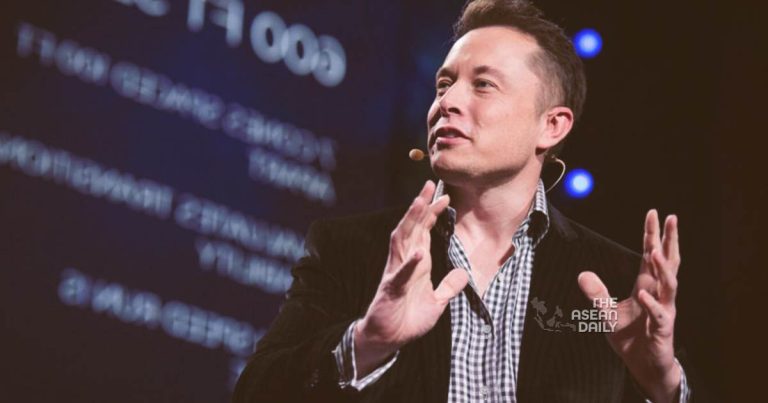2-9-2023 (SAN FRANCISCO) Elon Musk, the CEO of Tesla and SpaceX, announced on Thursday that his social networking platform, X (formerly known as Twitter), will introduce voice and video calling features. Musk’s proclamation comes as part of a series of updates to the platform’s privacy policy. While a specific release date for the new features has not been disclosed, Musk confirmed that users will be able to make voice and video calls on X using Apple and Android devices, as well as computers, without the need for phone numbers.
The introduction of voice and video calls on X brings the platform in line with its competitors, as other social media giants like Meta (owner of Facebook, WhatsApp, and Instagram) already offer similar functionalities. Meta incorporated voice and video calls on Messenger in 2015, while Snapchat followed suit in 2016.
Details regarding the exact implementation and availability of the new features on X have not been provided by the company at this time.
Coinciding with the announcement of the calling features, X also updated its privacy policy, which will come into effect on September 29. The revised policy states that, with user consent, X may collect and utilize biometric information for purposes related to safety, security, and identification. However, the specific types of biometric data to be collected have not been specified. Biometric information typically encompasses fingerprints, facial recognition, and other similar identifiers.
Critics argue that X’s move to collect biometric data is a further expansion of social networks’ existing practices in gathering personal data for targeted advertising. Stephen Wicker, a Cornell University professor specializing in data privacy, believes that this data collection poses challenges for users while generating wealth for those who collect it. He references a previous incident where Facebook settled a $650 million privacy lawsuit related to the unauthorized use of photo face-tagging and other biometric data.
For users residing in the European Union (EU), X has introduced a reporting tool to address posts and advertisements that potentially violate the new regulations outlined in the Digital Services Act (DSA). However, this feature is not accessible outside the EU, as the DSA rules do not apply there. Twitter previously underwent a voluntary “stress test” to assess its readiness to comply with the DSA, which includes safeguarding children online and detecting and mitigating disinformation. European Commissioner Thierry Breton commended Twitter’s commitment to complying with the DSA but emphasized the need for ongoing efforts.




